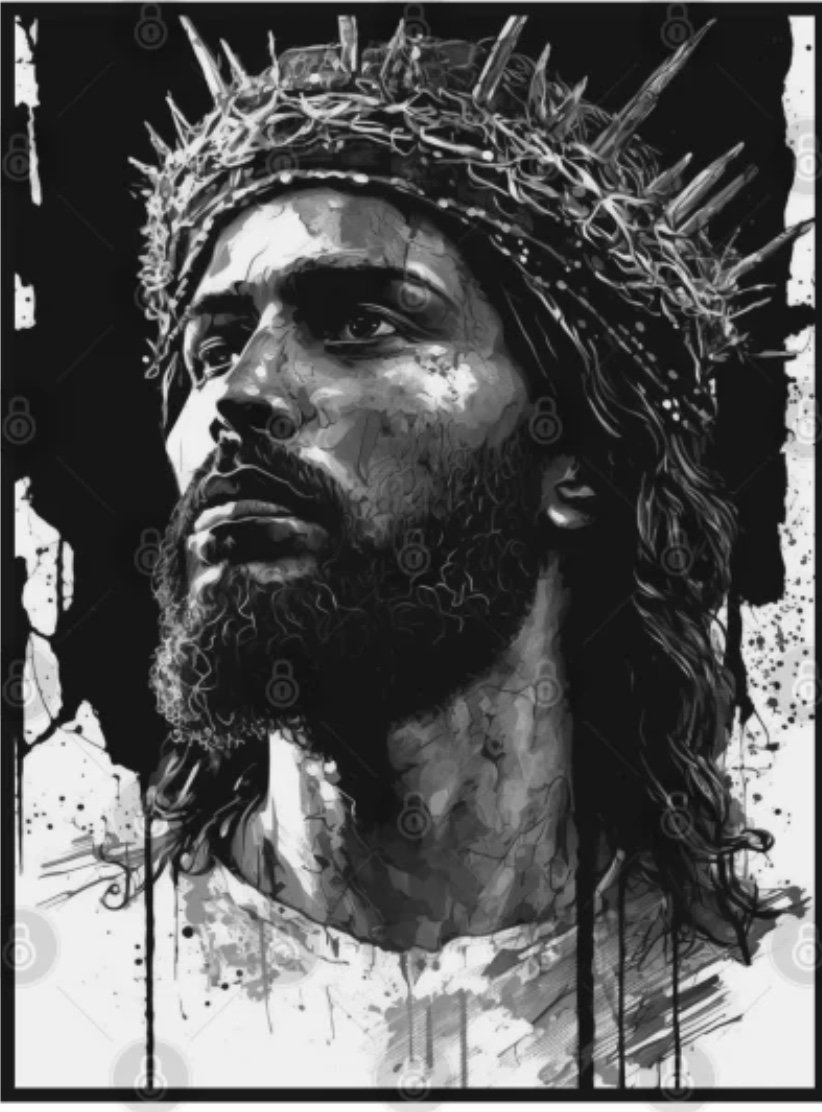decolonizing
theology
The People’s Church welcomes people of all racial, cultural, sexual, and gender identities and backgrounds, and religious, spiritual, and faith perspectives.
The Freedom Center, meeting on Friday evenings from 6-8, offers an open tent for these perspectives.
The First Spanish United Methodist Church, which meets on Sunday mornings at 11:15, offers a more traditional, Christ-centered worship service.
We are building this Decolonizing Theology page for people who whose spirituality is centered on Jesus as a revolutionary preacher, healer, prophet, and organizer, but do not see him as the only path to heaven. If you have a decolonizing reflection about Jesus or the gospels to share, please email it to nycpeopleschurch@gmail.com. We look forward to hearing from you!
I have a lot of friends who are atheists.
While I respect their right not to believe in God, when I ask them to describe the God that they don’t believe in, they say, “Well, I don’t believe there’s some white guy in the sky who is mainly obsessed with our sex lives and will send us to hell if we don’t believe the right things about his son.” It turns I don’t believe in the same God that my atheist friends don’t believe in. But I do know this: I would rather spend eternity with “atheists” who combat racism and class privilege, show love to their straight, Queer, trans, and cis neighbors, and try to make the world a better place, than with “Christians” who promote white nationalism, xenophobia, and genocide.
I stopped seeing Jesus as a personal ticket to heaven a long time ago. But he will always my moral and spiritual compass, guide, and center.
He understood that generosity, in both spiritual and material form, is foundational to our humanity and essential to building community, especially with survivors of colonialism and other forms of oppression. His teachings in the Sermon on the Mount (and the Lucan version, the Sermon on the Plain) —don’t worry about your physical needs, lend and don’t expect it back, give to people who can’t repay you, forgive 7 x 70 times, don’t judge — is a how-to manual for building community among people who don’t have money to spare, but are called to share, anyway.
He understood that colonized and oppressed people always have material needs, but that our deepest needs are spiritual. We yearn for dignity, purpose, and pride in a world that tells us that our lives, histories, and cultures don’t really matter. He understood that exorcising the twin demons of exploitive religion and Empire are crucial in order for us to be made whole.
These demonic forces converged in the Temple money scam, where the chief priest, a Roman puppet, and his minions funneled money back to the Empire via the marketplace of sacrificial animals in the Temple courtyard (after first lining their own pockets, of course).
Even while he was still up north, at Caesarea Philippi, Jesus realized that breaking the Temple’s spiritual, ideological, and economic hold over the people was the key to their decolonization. So, he decided to go to Jerusalem to disrupt the Temple money operation, during the Passover — both the busiest time of the year, and the time when the Jewish people were retelling the story of freedom from slavery in Egypt. He knew that this would infuriate the Temple authorities, and that it would lead to a slow, torturous, and public execution at the hands of the Empire.
Our churches do not tell us this. They tell us that Jesus’ purpose in going to Jerusalem was to save us from our sins through his sacrificial death on the cross. They make it seem as though his life’s purpose was to die. But dying was not his purpose, it was the consequence of the fulfillment of his purpose — his action to liberate the people’s minds and hearts.
His “triumphal entry into Jerusalem,” which Christians celebrate on Palm Sunday, was actually his mass-movement, organized takeover of the Temple. This explains his sudden turn of fortune, from peaceful but conquering hero on Palm Sunday to enemy of the state on Friday. They arrested him on Thursday and killed him on Friday, but by Sunday, people saw and felt his presence with them again. They killed his body 2000 years ago, but his spirit still lives today. It lives on in you, in me, in everyone who seeks to prioritize love, compassion, and community over personal gain.
For me, Jesus is the most powerful reminder of this eternal truth, to which so many other prophets and freedom fighters bear witness. From Frederick Douglass to Harriet Tubman, from WEB Dubois to James Baldwin and Audre Lorde, from Gandhi to Martin Luther King, Malcolm X, and Mutulu Shakur, from Agüeybaná and Hatuey to Emeterio Betances, Don Pedro Albizu Campos, Lolita Lebrón, César Chávez, Oscar Romero, and Fidel Castro, from Sylvia Rodriguez to Marsha Johnson, from Metacom to Crazy Horse, Sitting Bull, and Geronimo, from William Wallace and Bobby Sands to Refaat Alareer and Nelson Mandela, prophets and freedom fighters all eventually die, many before their time. But their spirits live on among those who continue the struggle for justice and liberation.
The crucifix reminds us that sacrifice is part and parcel of this struggle. The empty cross reminds us that the revolution lives on, beyond the earthly life of the revolutionary. This page is dedicated to reflections centering on Jesus, our revolutionary savior, whose spirit continues to guide and inspire us, two millennia after he walked the earth. We look forward to hearing from you and to learn how he continues to impact your life!
— nozomi ikuta
Click here for similar reflections about Jesus, based on a recent trip to Palestine, retracing Jesus’ steps on Palm Sunday.

